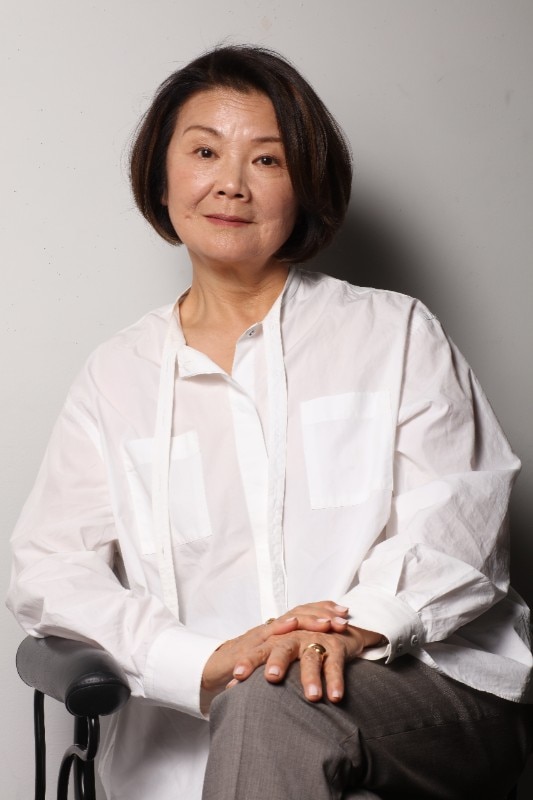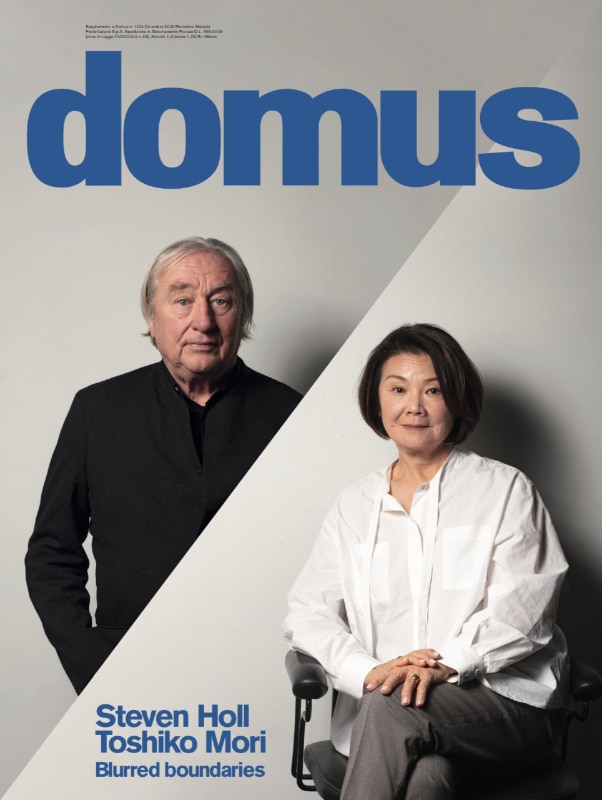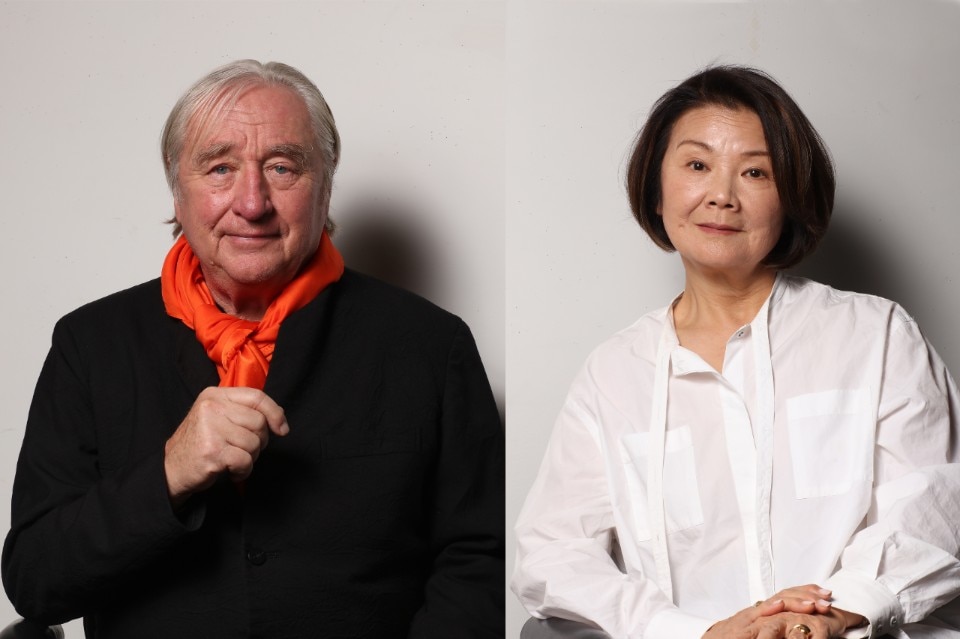I have always thought as a non-architect that architecture is crucial and destined to return to that of Leon Battista Alberti, Michelangelo and Borromini, just to name familiar names even to non-specialists. An open discipline, made up not only of aesthetic and functional research but above all of extensive knowledge based on a humanistic approach, which today is called holistic approach.
Before being vertical knowledge, architecture and design create horizontal connections within society, between nature and human beings, between values and behavior, connections that if they have value remain over time. Partly because we are all extremely fragile beings living on an extremely fragile planet where everything has been connected since long before globalization and the digital age.
This is why I believe architects, designers and the cognitive ecosystem that supports them are on the front line serving the planet and the community. Because the balance between imagination and preservation, memory of the past and vision of the future depends on their work.

It is with this spirit that Domus welcomes 2023 by calling not one but two architects – Steven Holl and Toshiko Mori – to its scientific leadership. A “couple-not couple,” as Editoriale Domus President Giovanna Mazzocchi Bordone called it, who will be the first duo to hold the scientific directorship in the history of the magazine founded back in 1928 by Gio Ponti and Gianni Mazzocchi. And who hails Toshiko Mori as the first woman to board the deck of an idea that for ninety-five years has brought the world to Milan and from Milan imagines the world.
While having different interests we share knowledge and beliefs, but at the same time the intention to collectively question and improve the situation of architecture in our time.
After all, the year ahead marks a milestone for Domus 10x10x10, the project that from 2018 to 2028 – precisely the date of the centenary of Domus – calls each year a leading figure in global architecture to be the scientific leader of the magazine. Five such intense years, after ninety unrepeatable years, is a unique milestone that had to be celebrated in the only way possible: by carrying on the route in exploring the reality and changes in associated life that Domus has been leading since its founding.
A fascinating, but not always easy, route. After Michele De Lucchi, Winy Maas, David Chipperfield, Tadao Ando and Jean Nouvel – famous architects but first and foremost intellectuals with a vision – reality seemed to us to be accelerating, driven by unexpected and unwanted events. Pandemic, war, inflation, migration, failure of global climate policies. A paradigm shift was needed, that innovation that remains in the genetic code of Domus and Editoriale Domus.

Hence the idea of a dialogue between two extremely different and in some ways opposite architects who would join together in the prestige of Domus to draft a Manifesto 2023, engaging in a debate that is still the basis of creativity. We wanted to try a kind of collective intelligence – in order to engage ourselves and our audience – of readers and stakeholders in a historical moment in which the challenges of reality are becoming more and more pressing and enigmatic.
Steven Holl and Toshiko Mori do not need my introduction. Leading figures in the architecture scene, as well as in the global cultural jet set, they are both based in New York. The United States are a country that beyond the development of other areas of the world remains an essential reference for all those involved in architecture, design and art, as well as anyone who is interested in the transformation of lifestyles.
Both professors at highly prestigious universities that have always competed fruitfully – Holl at Columbia University in New York and Mori at Harvard University in Cambridge – they were delighted with the proposal of Domus, which in some way marks their consecration in the architectural categories of contemporaneity.
“While having different interests,” they four-handedly wrote in the Manifesto of Domus 2023, “we share knowledge and beliefs, but at the same time the intention to collectively question and improve the situation of architecture in our time. We want our dialogue to distance itself from extreme polarization and instead aim at shaping a community capable of fostering an informed and nuanced exchange of ideas.”

In 2023, Holl and Mori will introduce “reflective and refractive perspectives” that help us think about the lives we live, and create a “collective platform to promote an open dialogue.” This is the original meaning of the purpose of Domus, which I believe in and have been promoting since my arrival thanks to the trust and possibilities granted by the publisher. Rather than separating the traditional categories of architecture, art and design, today we need to recognize that everything is connected. Climate change is not only related to an idea of development, but also to social migration, preservation of the natural landscape, and urban conditions. This is why the boundaries among architecture, design, and art look more and more like “blurred frontiers,” just like the title of the Manifesto of Domus 2023.
We want our dialogue to distance itself from extreme polarization and instead aim at shaping a community capable of fostering an informed and nuanced exchange of ideas.
Today, architecture is a platform that, just like Domus – made up of different independent but closely connected channels, such as paper, digital, events, and the intelligence unit for strategic partnerships with companies and institutions – makes finance and thermodynamics, physics of materials and psychoanalysis, politics and medicine, cybernetics and art, dialogue. Confirmation came a few days ago, in Milan, during the fifth edition of Domusforum. Once again, scientists, civil servants, industrialists, financiers, economists, sociologists, literary scholars and architects all over the world dialogued about the future of cities, and the challenges of associated life.
We believe that 2023 is a turning point year. Not only for us at Domus, as we turn the halfway mark of the 10x10x10 project, but for the world. This is because the difficulties that we are already seeing are actually a great opportunity for knowledge, development and improvement. We can only say that we will be there and will try to contribute as always and even more. Therefore, we thank Steven and Toshiko and give them a warm welcome to Domus.


